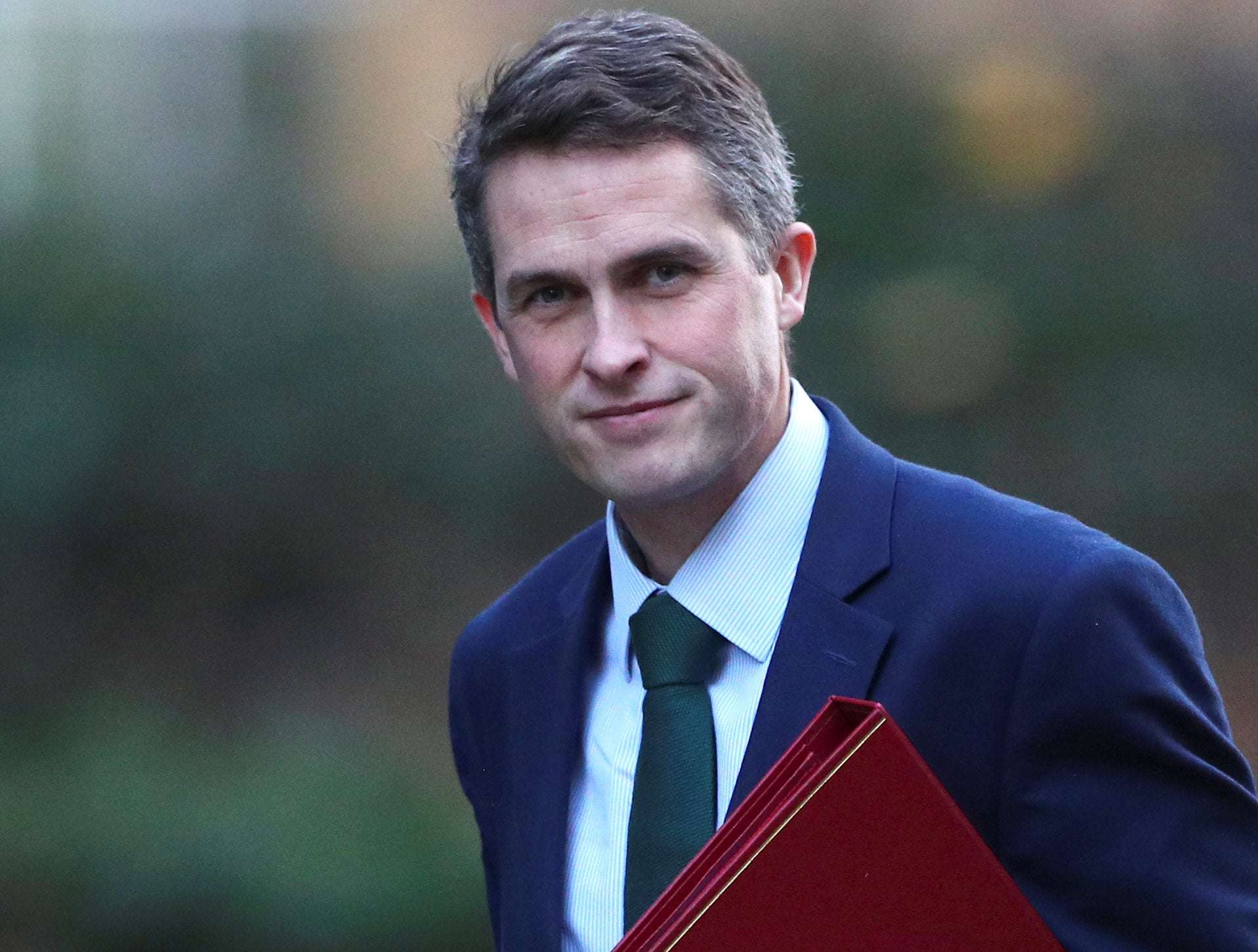
Defence Secretary Gavin Williamson has said Section 40 would “destroy the local press” and that it was “vital we get rid of [it]”.
Williamson’s comments were reported in the Express and Star newspaper, the UK’s biggest selling daily regional title, which serves his constituency of South Staffordshire.
Under Section 40 of the Crime and Courts Act, which has been enacted in law but has yet to be enforced, news publishers would pay both sides’ legal costs in court unless they sign up to a Royal Charter-backed press regulator.
Currently only Impress has Royal Charter recognition, although the majority of news publishers are signed up to the Independent Press Standards Organisation which has said it will not sign up.
Williamson said: “All Section 40 is going to do is destroy the local press and take away a local voice for so many people around the country.
“That is why it is vital we get rid of Section 40 and ensure we give local newspapers the opportunity to dig out the facts that need to be revealed.
“Anyone who voted for Section 40 is voting to get rid of their local newspaper.”
Williamson’s comments follow a House of Lords vote in favour of amendments to the Data Protection Bill that will bring in Section 40 cost penalties for data protection breaches and set part two of the Leveson Inquiry in motion.
Following the passage of the amendments through the Lords, Prime Minister Theresa May promised that the Government would overturn the proposed regulations.
She said: “I think that the impact of this vote would undermine high-quality journalism and a free press.
“I think it would particularly have a negative impact on local newspapers, which are an important underpinning of our democracy.
“I believe passionately in a free press. We want to have a free press that is able to hold politicians and others to account and we will certainly be looking to overturn this vote in the House of Commons.”
Culture Secretary Matthew Hancock added: “This vote will undermine high quality journalism, fail to resolve challenges the media face and is a hammer blow to local press. We support a free press and will seek to overturn these amendments in the Commons.”
The News Media Association has dubbed the amendments a “backdoor route” to “state-backed regulation”.
Labour has backed Section 40 regulations and has also called for part two of the Leveson Inquiry into press standards to go ahead.
Following the Lords vote, Shadow Culture Secretary Tom Watson said: “Labour has never wavered from our support for the victims of press abuse.
“In every general election manifesto since the scandal we have reiterated our support for the victims and our commitment to bring into force the Leveson system for independent regulation of the press and complete part two of the [Leveson] inquiry.
“These amendments do precisely that and we will be fighting to keep them in the Bill when it comes to the Commons.”
The Conservative Party promised to scrap Leveson Two and Section 40 in its election manifesto, but Theresa May’s weak majority has meant the policy has been parked.
The Data Protection Bill went through its first reading in the House of Commons on 18 January. The second reading is expected soon.
As part of a programme of modernisation of Britain’s armed forces, the Government has announced that it is to create a “fake news” rapid response unit that will be tasked with deterring adversaries and combating misinformation spread by state actors.
It follows concerns that Russian-backed agitators were able to influence British politics through the spread of fake news on social media – a concern currently being examined by the UK parliamentary inquiry into fake news.
Asked for more detail about the role of the unit today, Williamson dodged the question, telling Parliament: “I would struggle to get away with outlining some of the things we wish to do without breaching national security.”
Picture: Reuters/Hannah McKay
Email pged@pressgazette.co.uk to point out mistakes, provide story tips or send in a letter for publication on our "Letters Page" blog
